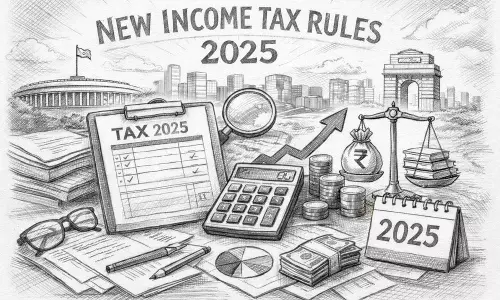
RBI set to introduce eRupee CBDC payments through UPI QR codes
text_fieldsNew Delhi: The Reserve Bank of India (RBI) gearing up to enable CBDC payments via the existing Unified Payments Interface (UPI) QR codes and introduce eRupee central bank digital currency (CBDC) initiative.
It is anticipated to be a groundbreaking move.
RBI Governor Shaktikanta Das emphasised the transformative potential of CBDCs, noting that they would bring about a fundamental change in the current currency system. He also predicted that CBDCs would gain global popularity, similar to the widespread adoption of UPI in India. As CBDCs gain traction, they are expected to revolutionise the way financial transactions are conducted, offering greater convenience and efficiency in the digital age.
The addition of this interoperability element to the eRupee CBDC has been in the works for some time, and it is expected to streamline the usage of India's national digital currency, leveraging the widespread adoption of UPI scanners for swift online transactions.
Representatives from the RBI revealed during a recent G20 event that the deployment of CBDC payments via UPI QR codes would take place by the end of July, reported Doordarshan.
An official announcement regarding CBDC payments via UPI is expected around the end of this month, with the service expected to go live soon after that. Once implemented, retailers accepting the eRupee CBDC as a payment option can simply extend their existing QR codes to customers, who can then scan them to complete transactions.
Currently, the RBI is conducting CBDC trials in collaboration with several major state-owned and private banks, including the State Bank of India, Bank of Baroda, ICICI Bank, HDFC Bank, Kotak Mahindra Bank, and Yes Bank. A selection of small, medium, and large-scale merchants are assisting in real-life retail settings to test the seamless execution of CBDC transactions. Notably, retail stores owned by Indian billionaire Mukesh Ambani have been accepting CBDC payments in Mumbai since February 2023.
Central bank digital currencies (CBDCs) function similarly to cryptocurrencies but are regulated and issued by central banks. They offer the dual advantage of facilitating online payment systems and reducing reliance on physical cash notes.
The pilot phase for the retail digital rupee commenced in Mumbai, New Delhi, Bengaluru, and Bhubaneswar on December 1, 2022.























